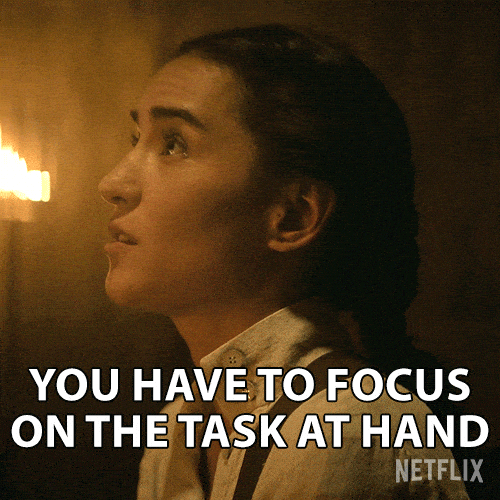- Lucky Culture
- Posts
- Recovery Made Stronger: The Power of Routine
Recovery Made Stronger: The Power of Routine
Brief Overview of the Newsletter Content
Welcome! This week, we explore the critical role that daily routines and structure play in the recovery process. A consistent routine provides stability, reduces decision fatigue, and helps reinforce positive habits, all of which are essential for long-term success. Let’s dive into how routines can transform your recovery journey.
The Role of Routine in Recovery
1. Why Routine Matters in Recovery
Provides Stability: Recovery can feel overwhelming, but a structured day reduces uncertainty and keeps you grounded.
Reduces Triggers: Predictable routines minimize exposure to high-risk situations or people.
Builds Positive Habits: Replacing unhealthy behaviors with constructive habits creates a foundation for long-term recovery.
Quick Tip: Write down your daily schedule the night before to set a clear intention for the day ahead.
2. Start Your Day with Intention
Morning Routines: The way you start your day can set the tone for everything that follows.
Practice gratitude by writing three things you’re thankful for.
Incorporate light exercise or stretching to energize your body.
Plan your top priorities for the day.
Action Step: Choose one positive activity to add to your morning routine this week.
Quick Tip: Keep your mornings simple and achievable to ensure consistency.

Gif by netflix on Giphy
3. The Power of Consistency
Why It Helps: Repeating daily habits builds momentum and reinforces a sense of control over your life.
Example: Commit to regular meal times, a set bedtime, and specific times for self-care activities.
Action Step: Identify one area where you could add more consistency (e.g., bedtime, meals, or exercise).
Quick Tip: Use a planner or app to track and maintain your daily routine.
4. Filling Your Day with Meaningful Activities
Why It Helps: Keeping busy with purposeful tasks prevents boredom, a common trigger for relapse.
Ideas:
Volunteer for a cause you care about.
Explore hobbies like painting, gardening, or cooking.
Spend time connecting with supportive friends or family.
Action Step: Schedule at least one activity that brings you joy or fulfillment each day.
Quick Tip: Set small, manageable goals to build confidence and a sense of accomplishment.
5. Evening Routines for Reflection and Relaxation
Why It Helps: A calm, structured evening helps you unwind and prepare for restorative sleep.
Reflect on your day by journaling or meditating.
Avoid screens and stressful activities an hour before bed.
Read a book or listen to soothing music to relax.
Action Step: Create a simple, calming bedtime routine and commit to it for a week.
Quick Tip: Stick to the same bedtime every night to regulate your body’s internal clock.

Gif by BlownAway on Giphy
Building Routine, One Step at a Time
Remember, routines don’t need to be perfect to be effective. Start small, focus on consistency, and adjust as needed. Over time, these habits will create a solid framework for your recovery and personal growth.
Inspirational Quote of the Week
"We are what we repeatedly do. Excellence, then, is not an act, but a habit."
— Aristotle
By committing to a daily routine, you’re laying the foundation for a healthier, happier future. Every small, positive action builds toward lasting recovery.
Legal Disclaimer: This newsletter is for informational purposes only and is not a substitute for professional advice.
Support Our Sponsors!